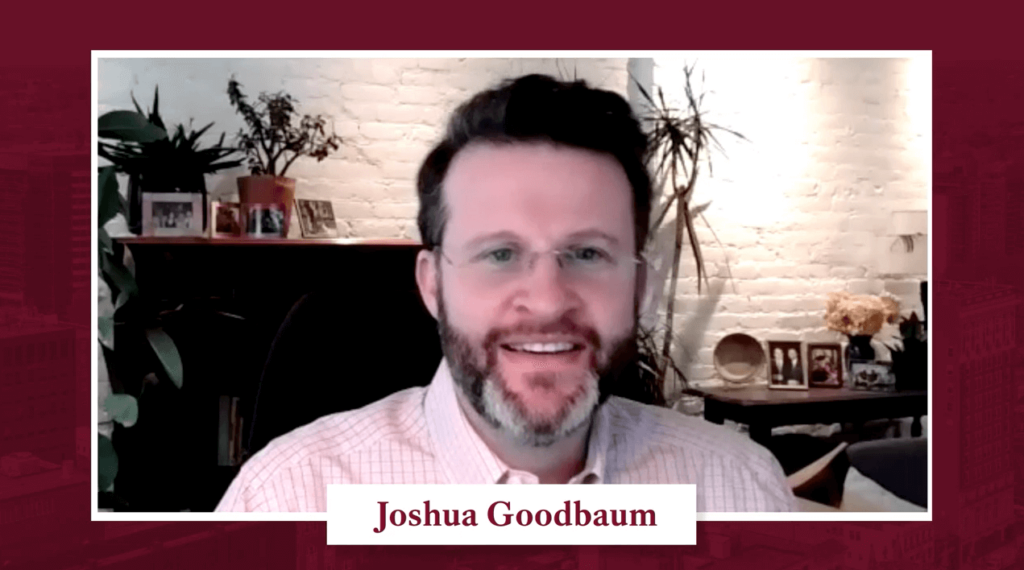Jan 17 2024
Josh Goodbaum: Hi, Amanda.
Amanda DeMatteis: Hi, Josh. Nice shirt!
Goodbaum: Haha. Yeah, we’re twins. But, what are we talking about?
DeMatteis: What are we gonna talk about? You tell me.
Goodbaum: Alright. So, we talk a lot about the FMLA, and as folks who watch our videos know by now, the FMLA is unpaid leave. It is job-protected leave, but your employer doesn’t have to pay you while you’re on FMLA leave. So, for a lot of people, that’s a big problem. And the question then is, “Well, can I take FMLA leave and still get paid?” There are a few ways to do that. So, tell the folks about how they might get paid while they’re taking FMLA leave.
DeMatteis: Yeah, there’s a few ways to do that.
The first is CT Paid Leave, which is this wonderful resource that Connecticut employees have. It’s really, really easy to do. You open up Google or any other search engine and just type in ‘CT paid leave.’ It’s gonna bring you to their website; it’ll walk you through exactly how you apply, what you need to do, what your employer needs to do, and that could provide you with some compensation while you’re out on FMLA leave. So, really great resource – use it. If you have questions, ask an employment lawyer about it.
Another way is banked time that you have at work. Maybe you have some sick time or some PTO – whether that be vacation time or personal time – that you have available to you. You can use that contemporaneously with your FMLA leave, and that could provide you with some compensation while you are out recovering from your own health condition or taking care of a family member that is sick and needs your attention during that time.
The third way – and this only applies when it’s your serious health condition that’s keeping you out of work – is maybe you have a short-term disability policy that’s available to you. And if you do, you might be able to apply for benefits under that policy and get paid. Now, it’s often not 100% of your wages, but hey, when you’re out of work and you’re recovering from some type of health issue, anything is better than nothing. You want to talk to your employer about whether there’s a short-term disability policy available to you, apply for those benefits, start receiving that compensation, and that may be a way to bridge the gap while you’re getting yourself ready to go back to work.
So, there are options, and the best way is: ask your employer. Your employer might be able to provide you with this information. If you’re not getting the information that you need from your employer, call an employment lawyer and let us guide you in the right direction to help you through this troubling time.
Goodbaum: Great information. Thanks so much, Amanda, and thanks to you all for watching. Take care!
Posted by Garrison, Levin-Epstein, Fitzgerald & Pirrotti, P.C. in Commentary
Tagged Amanda DeMatteis, FMLA, Joshua Goodbaum









